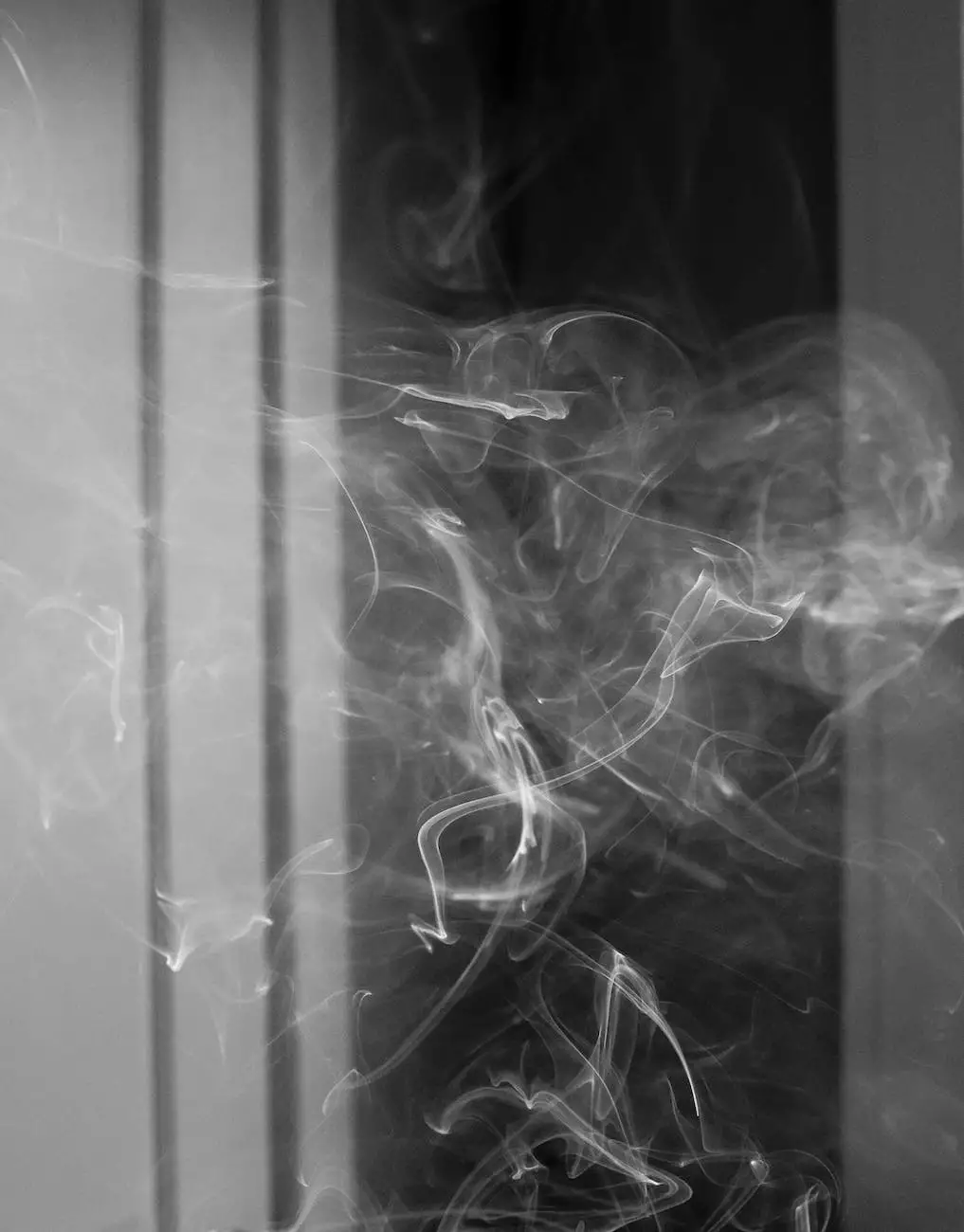Understanding Pediatric Headaches, Their Treatment and When to Seek Help
Health
Welcome to the comprehensive guide on understanding pediatric headaches, their treatment, and when to seek help. In this article, we will delve into the causes, symptoms, and available treatment options for pediatric headaches. If your child is experiencing recurrent headaches, it is important to gather knowledge and seek professional assistance from trusted healthcare providers like Kelley Tim PA-C.
Common Types of Pediatric Headaches
There are different types of headaches that can affect children, and understanding them is crucial in determining appropriate treatment. Some common types of pediatric headaches include:
- Migraines: Migraines can cause intense throbbing or pulsing sensations, often accompanied by nausea, vomiting, and sensitivity to light or sound. They can significantly impact a child's daily activities.
- Tension headaches: Tension headaches are characterized by a dull, persistent pain or pressure in the head or neck. Stress, fatigue, or poor posture can contribute to the development of tension headaches in children.
- Cluster headaches: Although rare in children, cluster headaches cause severe, intense pain usually on one side of the head. They can occur in cyclical patterns and may last anywhere from weeks to months.
- Sinus headaches: Sinus headaches result from inflammation or infection in the sinuses, causing pain and pressure in the forehead, cheeks, and around the eyes. Identifying the underlying cause is essential for effective treatment.
- Rebound headaches: Rebound headaches, also known as medication-overuse headaches, can occur when children rely heavily on pain relief medication for prolonged periods. These headaches can worsen and become frequent if not addressed.
Causes and Triggers of Pediatric Headaches
Pediatric headaches can stem from various factors, ranging from environmental triggers to underlying health conditions. It is important to identify and address the root cause to effectively manage and prevent future headaches. Some common causes and triggers include:
- Stress and anxiety: Children, just like adults, can experience stress and anxiety, leading to tension headaches.
- Genetics and family history: Some children may have a genetic predisposition to migraines or other types of headaches.
- Dietary factors: Certain foods and drinks, such as caffeine, chocolate, or artificial sweeteners, can trigger headaches in susceptible children.
- Dehydration: Inadequate fluid intake can contribute to the onset of headaches.
- Screen time and eye strain: Excessive screen time and improper viewing habits can strain a child's eyes, leading to headaches.
- Sleep disturbances: Lack of quality sleep or irregular sleep patterns can trigger headaches in children.
- Environmental factors: Exposure to strong odors, bright lights, or loud noises can trigger or worsen headaches.
Treatment Options for Pediatric Headaches
When it comes to treating pediatric headaches, a personalized approach is crucial as every child's condition and needs are unique. Consultation with a knowledgeable healthcare provider, such as Kelley Tim PA-C, can help determine the most effective treatment options for your child. Some treatment options may include:
- Lifestyle modifications: Encouraging healthy habits, stress management techniques, and establishing a consistent sleep schedule can help alleviate headaches.
- Medication: Depending on the type and severity of the headache, your healthcare provider may prescribe medication to relieve pain or prevent future episodes.
- Alternative therapies: Non-medical approaches like acupuncture, chiropractic care, or biofeedback may be explored as complementary treatments.
- Identifying triggers: Keeping a headache diary can help identify patterns or triggers, enabling better prevention strategies.
- Addressing underlying conditions: If a headache is a symptom of an underlying condition, treating that condition may help alleviate the headaches.
When to Seek Professional Help
If your child experiences recurring headaches that significantly impact their daily life, it is important to seek professional help. Consultation with a trusted healthcare provider, such as Kelley Tim PA-C, can help rule out serious underlying conditions and develop an appropriate treatment plan. You should consider seeking help if:
- The headache frequency or intensity increases.
- The headache occurs after a head injury.
- The headache is accompanied by fever, seizures, or other concerning symptoms.
- Your child's quality of life is significantly impacted.
- You are unsure about the cause or appropriate management of your child's headaches.
Remember, understanding pediatric headaches empowers you to take proactive measures in helping your child manage their condition effectively. Reach out to trusted healthcare providers like Kelley Tim PA-C for expert guidance and support in your child's healthcare journey.
Disclaimer: This page is intended for informational purposes only and should not be considered medical advice. Always consult with a qualified healthcare professional for proper diagnosis, treatment, and personalized medical recommendations.










